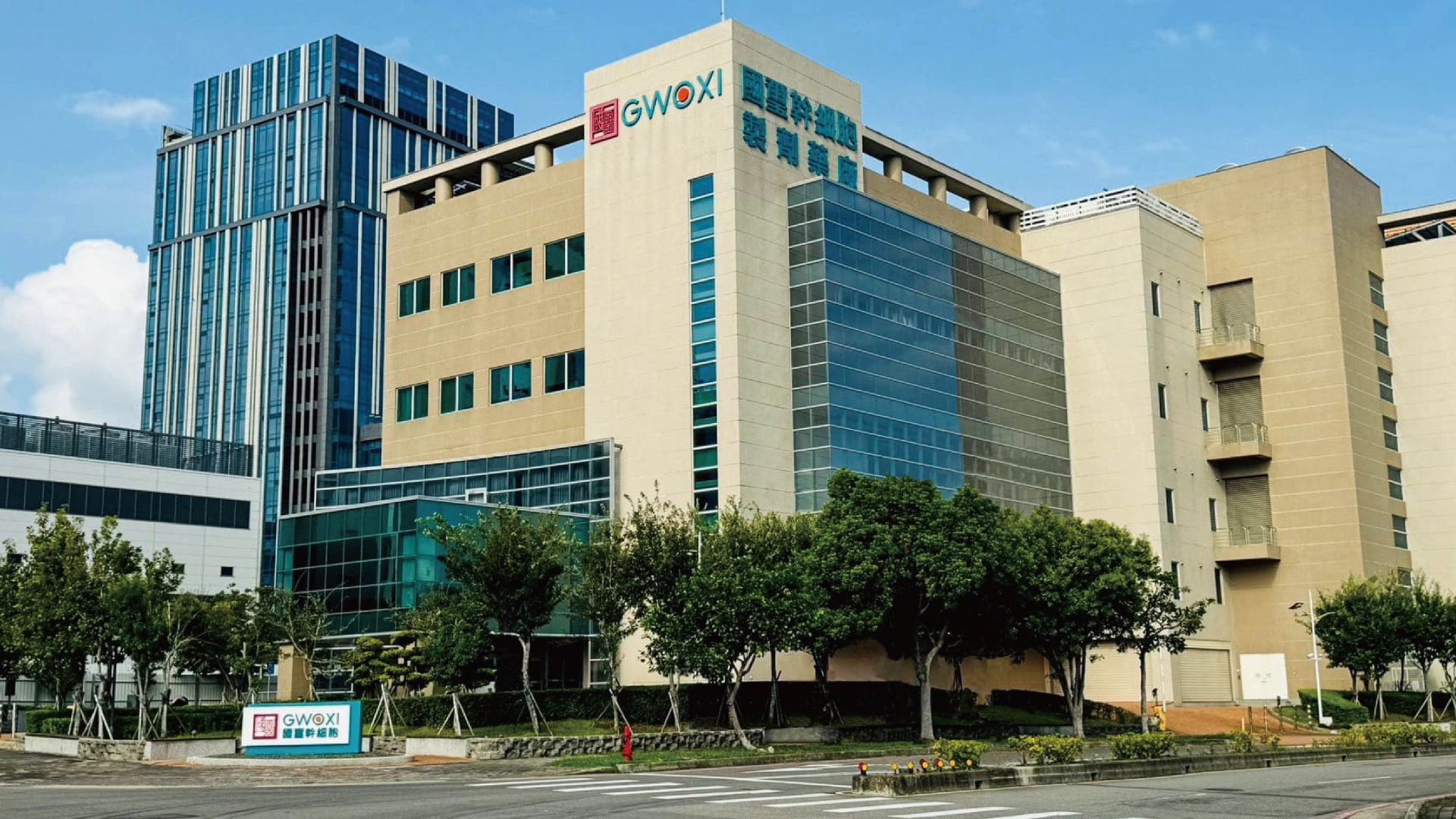Taiwan–Vietnam Cross-Border Collaboration Completes Phase I Clinical Trial of Stem Cell Therapy for Diabetes. Preliminary Result

Gwo Xi Stem Cell Applied Technology Co., Ltd. (TPEx: 6704) announced on December 9 that it has obtained the results of its Phase I human clinical trial for type I diabetes in collaboration with Vietnam. Preliminary findings indicate that the Gwo Xi Stem Cell’s human adipose-derived mesenchymal stem cells (hADSCs, GXIPC1®) demonstrated safety with no drug-related serious adverse events observed during treatment. The results will subsequently be submitted to the Vietnam Ministry of Health for official trial closure and record filing.
In this collaboration, Gwo Xi Stem Cell was responsible for the manufacturing process of the stem cell preparation, final product release, packaging, and transport to the partner institution in Vietnam, where the product was stored until use. Critical cold-chain logistics, essential for maintaining product quality and safety, remain one of the main challenges in cross-border stem cell therapies. The positive clinical outcome validates the feasibility of using Gwo Xi Stem Cell’s Taiwan-manufactured stem cell therapy products as “off-the-shelf” allogeneic treatments in Vietnam, marking an important step forward in the company’s future international collaborations to transport allogeneic cell therapy products for cross-border treatment.
According to the company announcement, the clinical trial—officially titled “Evaluate Safety of Adipose Derived Mesenchymal Stem Cell Transplantation for Type 1 Diabetes Treatment” (ClinicalTrials.gov ID: NCT05308836)—was conducted by the prestigious Vinmec Research Institute of Stem Cell and Gene Technology (VRISG) in Vietnam, with stem cell preparations supplied by Gwo Xi Stem Cell. The study aimed to evaluate the safety of intravenous (IV) infusion of ADSCs in ten patients with Type 1 diabetes (T1DM).
During the primary endpoint evaluation, none of the participants experienced any serious adverse events (SAEs) related to the investigational product throughout the six-month follow-up period following GXIPC1® infusion. One treatment-related adverse event (AE) was reported and subsequently resolved. The findings confirm that GXIPC1® transplantation for T1DM is safe. In addition, five secondary endpoints were monitored, including insulin dosage, glycated hemoglobin (HbA1c), fasting plasma glucose (FPG), C-peptide levels, and blood insulin concentrations. Notably, insulin dosage showed a statistically significant reduction: from a baseline level of 26.9 ± 21.9 IU/day during screening to 18.2 ± 23.9 IU/day at Month 3, reflecting a 32.34% decrease (P = 0.014). Although other secondary endpoints showed downward trends, they did not reach statistical significance. These results will provide valuable insights for the design of subsequent clinical development phases.
According to the International Diabetes Federation (IDF), there were 537 million people living with diabetes worldwide in 2021, a figure projected to rise to 783 million by 2045. Global diabetes-related healthcare expenditures are also increasing, from USD 966 billion in 2021 to a projected USD 1.05 trillion by 2045. Vietnam, in particular, is recognized as one of the Asian countries with a high prevalence of diabetes. Over the past decade, the number of diabetes patients in Vietnam has doubled, with IDF data estimating approximately 3.994 million adults currently affected. These statistics underscore the severe health and economic burden of diabetes in Vietnam and globally, while also highlighting the significant market potential for innovative diabetes therapies.
VRISG operates under the Vinmec Healthcare System, the largest healthcare entity of the Vingroup conglomerate in Vietnam. Vinmec Healthcare System oversees medical services, research, and education, and has earned accreditation from the Joint Commission International (JCI), attesting to its compliance with world-class medical standards. With a network of hospitals, a medical staff exceeding 500 physicians, and extensive international collaboration experience, Vinmec Healthcare System is recognized as one of Vietnam’s leading and most reputable medical institutions.
